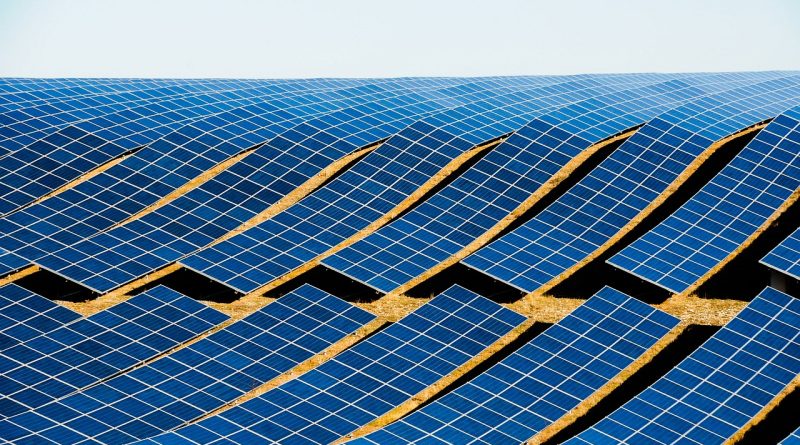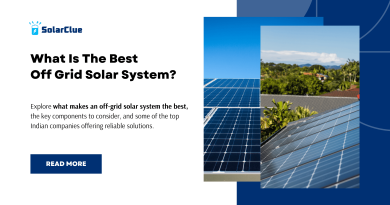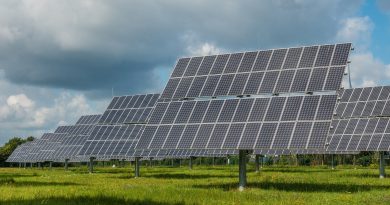Connect Appliances to Solar Panels: A Guide
Solar energy has gained significant popularity in recent years due to its numerous environmental and financial benefits. As the demand for renewable energy sources increases, more individuals are considering solar panels as a viable option to power their homes and businesses. However, many people wonder if it is possible to directly attach electrical appliances to solar panels. In this blog, we will explore the feasibility of connecting appliances directly to solar panels and discuss the best practices for utilizing solar power effectively.
Table of Contents
Understanding Solar Panels and Their Function
Solar panels are devices that convert sunlight into electricity through the photovoltaic effect. They typically consist of multiple solar cells connected in series or parallel to generate a suitable voltage and current. Solar panels produce direct current (DC) electricity, which cannot be directly used to power most household appliances that operate on alternating current (AC). Therefore, an inverter is required to convert DC power into AC power before it can be used to operate appliances.
Connecting Appliances Directly to Solar Panels
In theory, it is possible to connect electrical appliances directly to solar panels without using an inverter. However, this method is not recommended for several reasons. Firstly, most electrical appliances run on AC power, which means they require a stable supply of alternating current. Direct current produced by solar panels is not suitable for most appliances and can cause damage to their internal components.
Secondly, solar panels generate power based on the available sunlight. This power output is usually inconsistent and varies throughout the day, depending on factors such as weather conditions and the position of the sun. Connecting appliances directly to solar panels can result in fluctuations in power supply, leading to potential damage or malfunction of the appliances.
The Role of Inverters in Solar Power Systems
To ensure a stable and consistent power supply, solar power systems are equipped with inverters. These devices convert the DC power generated by solar panels into AC power, making it compatible with most electrical appliances. Inverters also regulate the voltage and frequency of the electricity, ensuring it meets the required standards for safe use.
Choosing the Right Inverter
There are several types of inverters available in the market, including string inverters, microinverters, and power optimizers. When selecting an inverter, it is essential to consider factors such as the total power output of your solar panels, the type of appliances you intend to power, and the efficiency of the inverter itself. Consulting with a professional solar installer or an electrical engineer can help you determine the most suitable inverter for your specific needs.
Ensuring Compatibility with Appliances
While inverters play a vital role in converting and regulating the power supply, it is still essential to ensure compatibility between the appliances and the solar power system. Some appliances, such as refrigerators, air conditioning units, and electric water heaters, require a significant amount of power to operate. It is necessary to confirm that the solar power system can generate sufficient electricity to meet the demands of these high-powered appliances.
Additionally, certain appliances may have specific requirements or limitations when connected to a solar power system. For instance, some sensitive electronic devices may require a pure sine wave inverter to prevent potential damage. Understanding the compatibility and limitations of your appliances will help you make informed decisions when designing and installing a solar power system.
Conclusion
Unlock the potential of solar power by connecting appliances seamlessly with SolarClue®. Our comprehensive guide ensures a smooth integration of solar panels and household appliances. Size your system correctly, considering energy needs and usage patterns, with expert assistance from SolarClue®. Whether connecting specific appliances or powering your entire home, our professionals ensure safe and efficient installations. Explore grid-tie inverters for continuous power supply and consider battery storage for night-time use. With SolarClue®, not only do you gain energy independence, but you may also qualify for government incentives. Empower your home with clean energy—contact SolarClue® and embark on a solar-powered journey today.
Frequently Asked Questions
Solar panels generate DC electricity, which is converted to AC power using inverters. Appliances can be connected directly to the inverter’s output.
Most household appliances can be connected, but it’s essential to check their power requirements and ensure they match the solar system’s capacity.
Batteries store excess energy for use when the sun isn’t shining. Connecting appliances during low-light conditions is possible with a battery storage system.
Assess your appliances’ energy consumption, considering their wattage and usage hours. SolarClue® experts can help size the system accordingly.
Yes, it’s possible to connect the entire house. However, the system size should match the total energy needs, and high-power appliances may require larger systems.
While it’s possible to DIY simple setups, hiring a professional ensures a safe and efficient connection, especially for larger systems.
Yes, grid-tie inverters are common for residential setups, converting DC solar power to AC for seamless integration with household appliances.
Yes, grid-tied systems allow you to use solar power and switch to grid power when needed. This setup ensures a continuous power supply.
Ensure proper grounding, use quality equipment, and follow local electrical codes. Professional installation minimizes safety risks.
In some regions, government incentives or rebates may be available. SolarClue® can guide you on maximizing these benefits.




